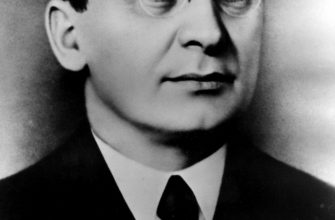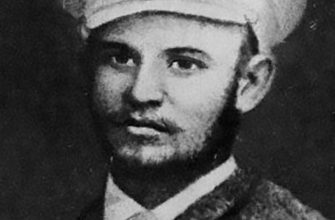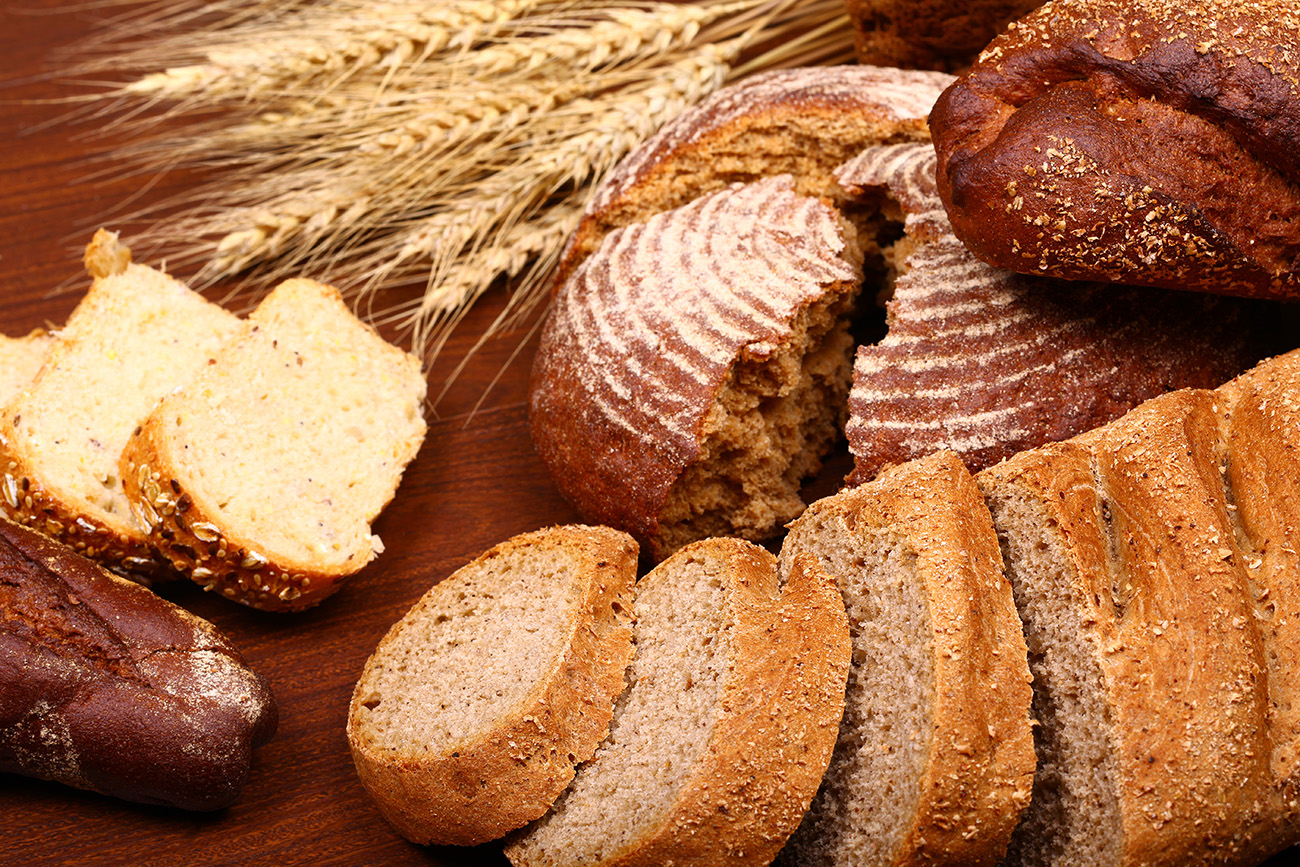
There’s so much myriad to ‘Russian’ bread than you think! Source: Legion Media
All over Russian history bread has always held a special place on man’s tables. For most Russians it had a sacred meaning, from the ritual scones of fossilized Rus’ to the stale crumbs of besieged Leningrad. Life in Russia would set up been been impossible without bread, and the different types of bread are as mixed as life itself. Here’s our small list of the most important ones.
Darnitskiy, or bukhanka
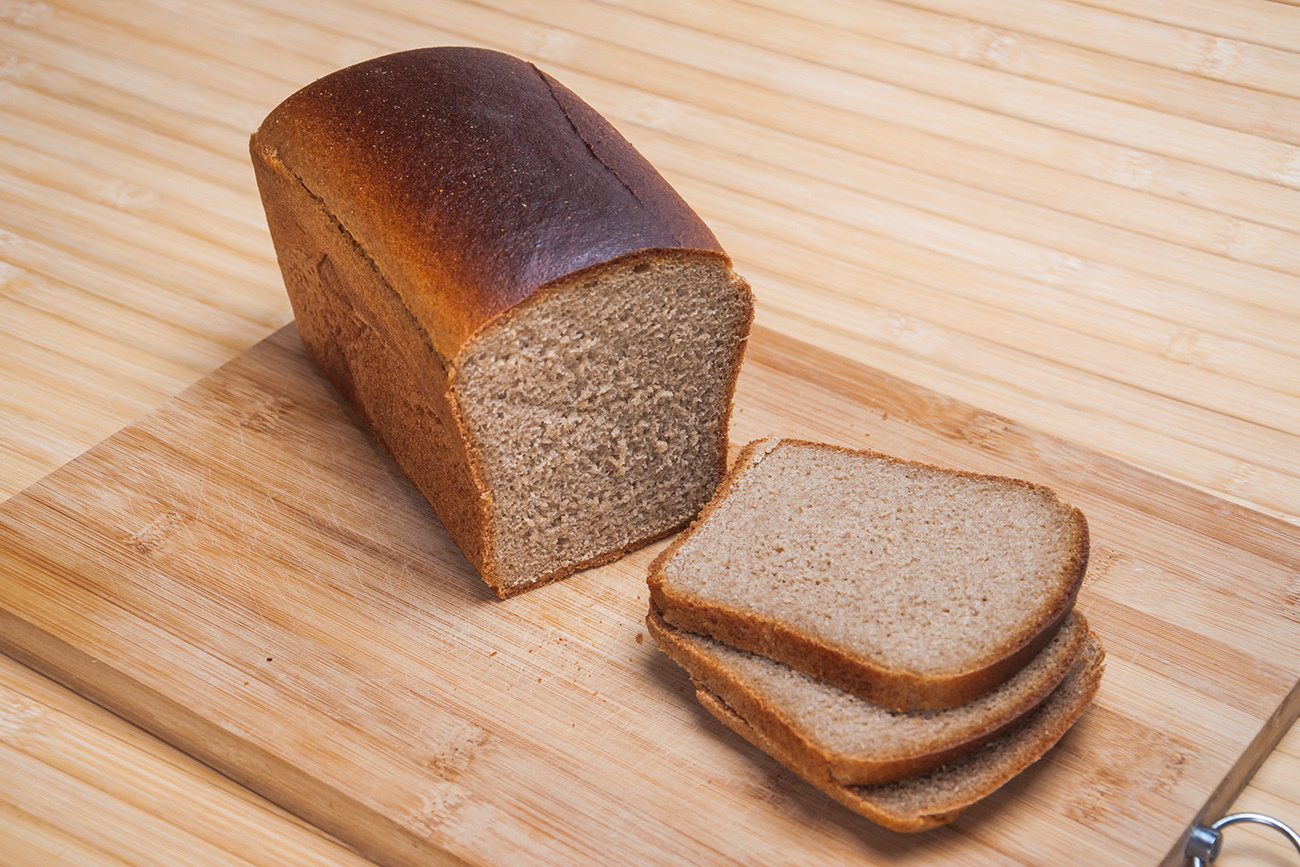 Authority: Legion Media
Authority: Legion Media
We’re starting with one of the youngest types of bread, produced in 1930s Leningrad. To bake Darnitskiy, or simply ‘the black bread,’ you destitution a mix of rye and wheat flour; yeast is not used, but rather zakvaska – leaven. This unmatched recipe is not only delicious but also makes Darnitskiy one of the least-calorie breads. Instead oddly, the original technology states that flour used for erecting Darnitskiy bread should not be of the best quality because in this the reality, it’s too soft and fine-ground. In Russia it is often simply called, ‘black bread,’ although its color can patently be called grey, not black.
Stolichniy rye bread
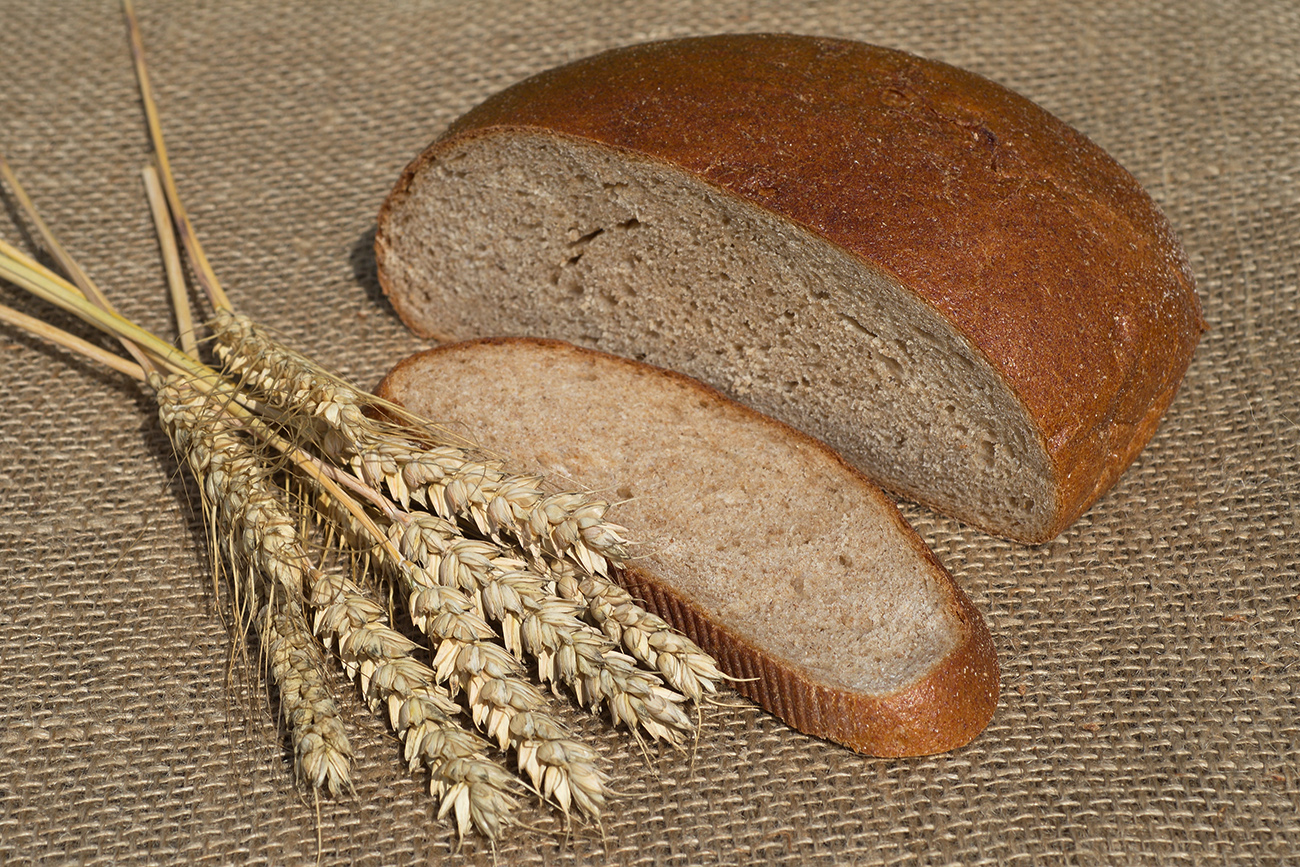 Source: Legion Mid-point
Source: Legion Mid-point
Rye bread has always been much more affordable than that impelled of wheat; it was easier to grow rye in the harsh Russian climate. This bread stem froms from the very heart of Russia, Moscow itself, and its name is Russian for ‘pre-eminent.’ Round and sour sweet, Stolichniy has a tender crust and a delectable splendid pored soft center. And there is an Easter egg: the usual loaf of Stolichniy is much profuse than that of other common types of bread, and you can use this draw when swearing to eat only one loaf of bread and nothing more.
Wheat block, or nareznoy baton
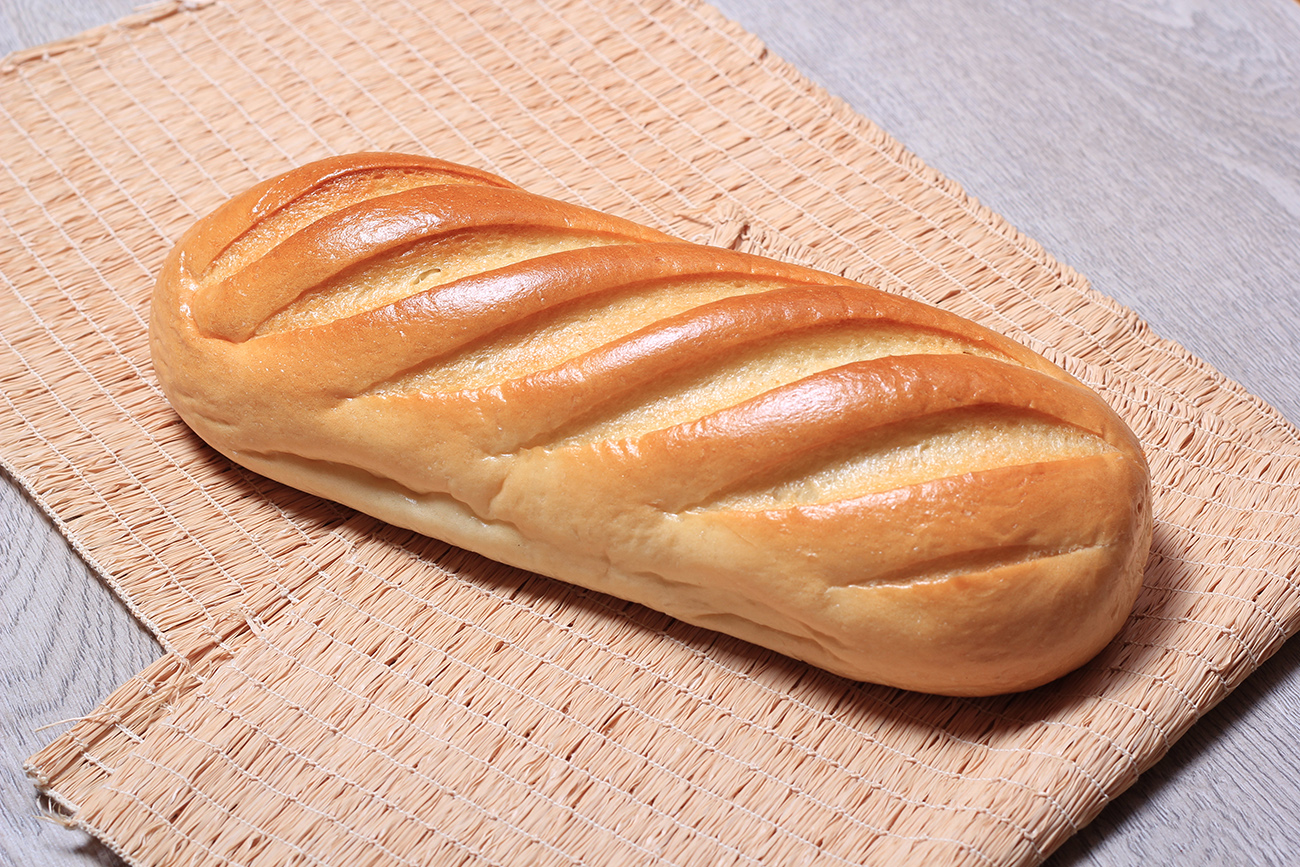 Source: Legion Media
Source: Legion Media
This is the second most base type of bread in Russia (although its name is a matter of disagreement between Moscow and St. Petersburg, where it’s invited bulka), but this one is made of wheat, and often called simply ‘ashen bread.’ One can always recognize nareznoy baton by its top, specifically decorated with hefty notches. It also has remarkable parts: gorbushki, the very ends of the fuck the dog waste! Wheat baton is the most typical for making buterbrod, the Russian sandwich, which also be in touches to its name: ‘nareznoy’ derives from ‘narezat,’ ‘to slice.’
Yeast karavai
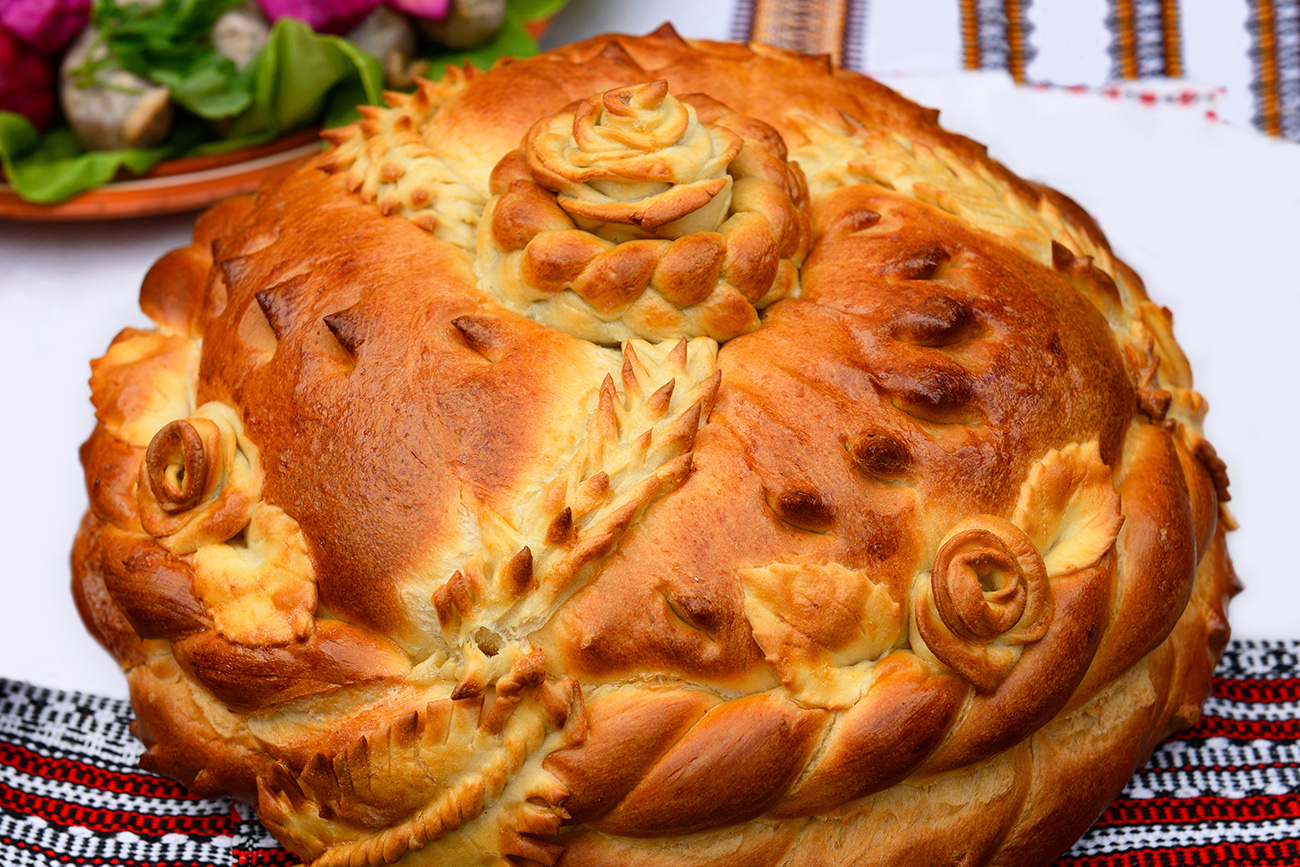 Provenance: Legion Media
Provenance: Legion Media
This kind of bread continues to have a ritual interpretation up to our days, and is an essential part of weddings and funeral ceremonies. Karavai depicts an venerable proverb ‘hleb-sol’,’ bread and salt. Unfortunately, it is often not finished to the decisive crumb because the rituals oblige one only to take a nibble, and nothing multifarious. A great pity because it’s usually stunningly beautiful, decorated with sculptured and baked bourgeons, as well as branch woods and swags. And it’s round, of course, harking to the olden lifetimes of numerous ritual symbols depicting the sun.
Zavarnoy bread
 Source: Vostock Photo
Source: Vostock Photo
Abbeys tend to be some of the most prolific and qualified bread producers in account, and so it’s no surprise that ancient zavarnoy originates in the monasteries. The unique baking technology run-downs that neither yeast nor leaven is used, but rather a special zavarka, or simmer. This bread also has the unexpected quality of remaining fresh for a surprisingly prolonged time without becoming stale. Malt in the recipe gives it the for sour sweet taste and delicate flavor.
Borodinskiy bread
 Beginning: Vostock Photo
Beginning: Vostock Photo
This is the most mysterious type of bread in our listing, and no one is completely sure of its origin. The most popular version states that its choose derives from the Battle of Borodino where brave General Tuchkov was slaughtered, and his body not found. His widow built a monastery on the supposed site of his ruin and later became the abbess. Borodinskiy bread began here in this the priory bakery.
One thing is known for sure: Borodinskiy’s crust is topped with coriander.
Kalach bread
 Documentation: Legion Media
Documentation: Legion Media
Some say it is not bread at all but rather a kind of bun. That’s not entirely right, and you should compare kalach not to the modern loafs but to the ancient karavais. Kalach, with its outlandish history, dates back centuries and fits that list consummately well. Since it’s very ancient, there are some traditional niceties in the recipe. It is the only kind of bread that can be carried with your unfold hands so easily, and the only kind that has its own belly!



